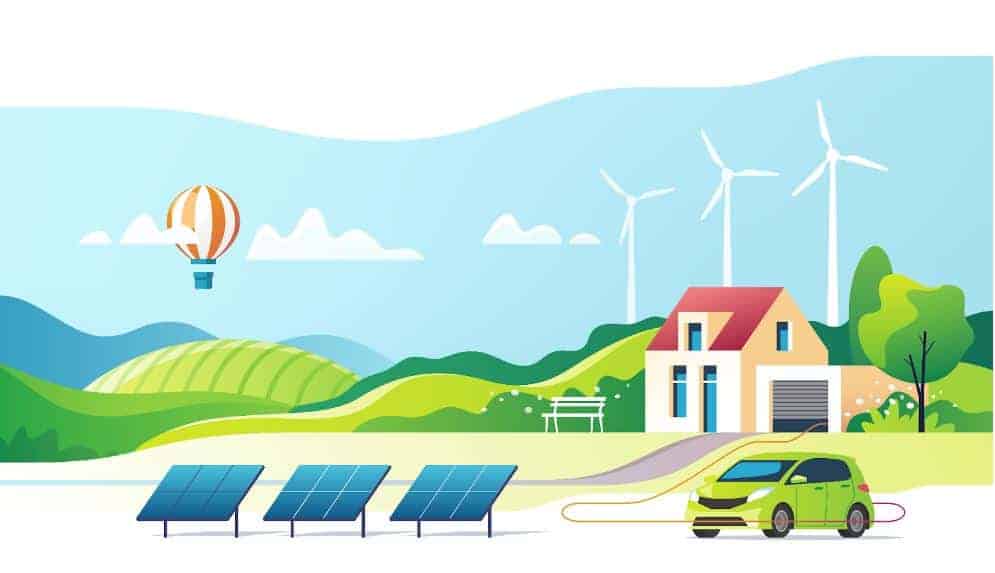At the start of October 2022, the Reserve Bank of Australia (RBA) again raised the cash rate, this time by 0.25%, pushing it up to 2.6%. This latest increase marks the sixth consecutive increase since May 2022.
We are seeing the steepest hiking cycle since 1994 when the RBA raised rates by 2.75% in five months to control inflation. They have designed the current cycle of rate increases with the same goal: to quell consumer demand and keep inflation in check.
With the global economy taking strain and inflation now running at its fastest pace in more than two years, the RBA is under pressure to take action to cool the economy and keep inflation within its target range of 2-3%. While the RBA has been reluctant to raise rates in recent months, it is now clear that it is concerned about the risk of inflationary pressures becoming entrenched in the economy.
As a result, we can expect future interest rate increases over the coming months as the RBA seeks to bring inflation back under control.
How Does the Reserve Bank Australia Interest Rate Cash Impact Inflation?
The RBA is the central bank of Australia. Its primary role is to promote the economic welfare of the Australian people through monetary policy, financial stability, and the maintenance of the payment system.
One of the ways it seeks to achieve this is by influencing inflation levels.
To do this, the RBA uses several tools, including setting the interest rate, buying and selling government bonds, and funding the banks. The RBA’s ultimate goal is to ensure inflation remains within a target range of 2-3%
When the Reserve Bank of Australia raises the official interest rate, it becomes more expensive for banks to borrow money. As a result, banks will often pass on these higher costs to customers through higher interest rates on loans and credit products.
The higher interest rates should lead to reduced household spending and slowed economic activity, as people are less likely to take out loans for large purchases. In turn, this can help to keep inflation low and stable as demand for goods and services decreases.
The process that influences inflation levels is what the RBA refers to as ‘monetary policy’.

In the same way that the RBA raises the cash rate to keep inflation levels at bay, they also lower interest rates when inflation is below the target rate to stimulate economic activity.
When the RBA decreases the cash rate, it becomes cheaper for banks to borrow money, leading to lower interest rates on loans and credit products, encouraging borrowing and spending, and higher inflation.
So, once inflation levels return to the target rate, the cash rate will also reduce.
Unfortunately for borrowers, incoming data on the national and global economy indicate inflation will peak later in 2022. As such, the cash rate will likely continue to rise (or at the very least remain stable) until 2024, when inflation will likely begin to fall and bring about a more sustainable balance.
For now, borrowers will have to adjust to higher loan repayments.
How Can Property Owners Prepare to Navigate Higher Mortgage Rates
For those with their finger on the pulse of the property market, the effects of higher mortgage rates are well known: fixed interest rate agreements won’t experience an increase, but those with variable interest rates will.
And as rates increase, monthly mortgage payments become more expensive (along with increased commodity prices and higher household spending), which can strain investors’ cash flow.
But property owners shouldn’t be too quick to panic just yet.
It’s worth remembering that lenders always look out for their best interests whenever you take out a loan. They want to ensure you’ll be able to make your payments on time and in full without any trouble.
To protect themselves, banks and other lenders typically build a buffer when calculating how much money they’re willing to lend you. This means that even if your financial situation changes unexpectedly, you’ll still be able to make your payments without putting yourself in an untenable position.
Nonetheless, there are a few things that you can do to help counter the effect of the current increases and the ones yet to come. By closely monitoring the rate and taking the necessary steps to prepare, the easier it will be to navigate a further increase.
Consider Making Additional Repayments
With interest rates on the rise, now is an excellent time to start making extra repayments on your mortgage. Doing so can reduce the amount of interest you will have to pay over the life of your loan. If you have a variable-rate loan, you can make lump-sum payments whenever you have extra money.
Or, you can increase your monthly repayments by a small amount. By making extra repayments now, you can offset any potential increases in interest rates.

Increase Your Offset Account Balance
An offset account is a savings account that links to your home loan. You can use the money in the account to offset the interest you pay on your loan. For example, if you have a $300,000 loan and $50,000 in your offset account, you will only be charged interest on $250,000.
A further increase in your offset account balance can save you a significant amount of money over the life of the loan. If you have an offset account, consider making extra payments to build a buffer now. And then, if you need to access the money in the event of an emergency situation, it’s easily accessible.
Take a Look at Refinancing Your Mortgage
If your current mortgage interest rate is significantly higher than the cash rate, you may want to consider refinancing. Refinancing involves taking out a new loan with better terms – usually a lower interest rate – and using it to pay off your existing mortgage.
Refinancing can free up some extra cash each month, which you can use to make extra repayments or save for further rate increases.
Key Takeaways
An official interest rate rise from the Reserve Bank of Australia could significantly impact property investors, making it more expensive to borrow money and limiting access to credit. This can be a cause for concern, but if you’re prepared to navigate the changes, there’s no reason to panic.
One of the best things you can do is to talk to your accountant and clearly understand how the interest rate rise will affect your finances. They may be able to advise you on ways to minimise the impact.
Additionally, ensure you’re taking advantage of all the tools available to help you maximise your cash flow, such as claiming tax depreciation. You can make the most of a potentially difficult situation by being proactive.
If you would like to find out more about how a depreciation schedule can help you maximise your cash flow, get in touch with a Duo Tax quantity surveyor today. Alternatively, to order your investment property depreciation schedule today, all you need to do is follow these three simple steps:
- Contact us today, and we will ask you a few simple questions to see if your property qualifies.
- Order a depreciation schedule over the phone or via our online form, and we will begin preparing your depreciation.
- Within 5-10 business days, we’ll deliver your personalised depreciation report to you and your accountant.

Ready to get started?
Talk to one of our friendly property experts to get a free quote or more Information.










